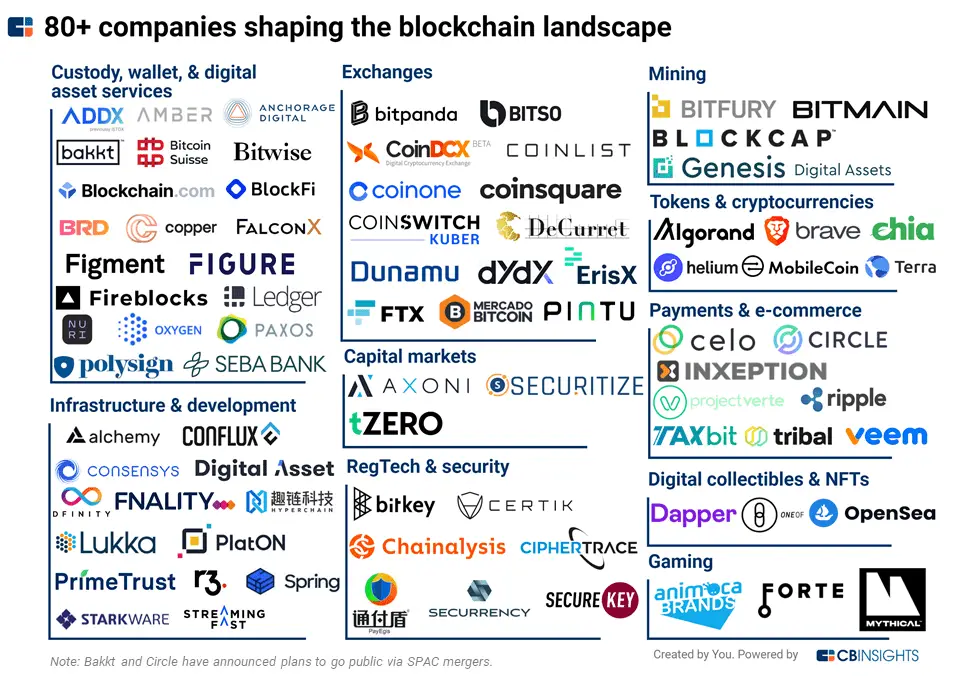The Legal Landscape Of Blockchain: Challenges And Opportunities

Blockchain is a distributed ledger technology that has the potential to revolutionize many industries. By providing a secure, transparent, and immutable record of transactions, blockchain can help to improve efficiency, reduce costs, and increase trust. However, the legal landscape of blockchain is still evolving, and there are a number of challenges that need to be addressed before blockchain can be widely adopted. One challenge is the lack of clear regulation. Blockchain is a new technology, and there is no clear legal framework for its use. This can make it difficult for businesses to understand how to comply with the law and can create uncertainty for investors. Another challenge is the cross-border nature of blockchain. Blockchain transactions can be sent anywhere in the world, which can make it difficult to determine which jurisdiction’s laws apply. This can create legal risks for businesses that operate in multiple jurisdictions. Despite these challenges, there are also a number of opportunities that blockchain presents for the legal industry. Blockchain can help to improve the efficiency of legal processes, reduce the cost of legal services, and increase access to justice. For example, blockchain can be used to create smart contracts that automate the execution of legal agreements, which can save time and money. Blockchain can also be used to create decentralized legal systems, which can make legal services more accessible to people in remote areas or who cannot afford traditional legal services.

